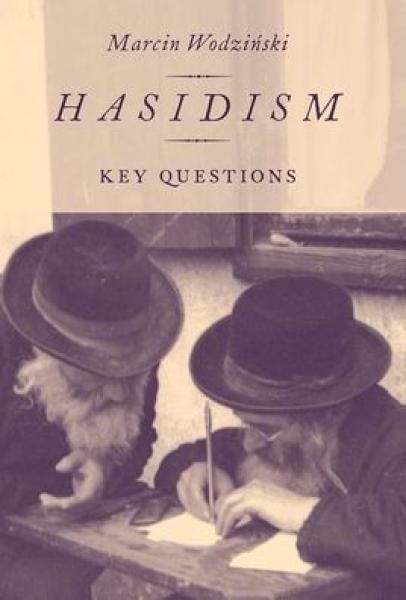Description
Recognizing the major limitations of the existing research on Hasidism, Marcin Wodzinski's Hasidism offers four important corrections. First, it offers anti-elitist corrective attempting to investigate Hasidism beyond its leaders into the masses of the rank-and-file followers. Second, it introduces new types of sources, rarely or never used in research on Hasidism, including archival documents, Jewish memorial books, petitionary notes, quantitative, and visual materials. Third, it covers the whole classic period of Hasidism from its institutional maturation at the end of the eighteenth century to its major crisis and decline in wake of the First World War. Finally, instead of focusing on intellectual history, the book offers a multi-disciplinary approach with the modern methodologies of the corresponding disciplines: sociology and anthropology of religion, demography, historical geography and more.
By combining some oldest, central questions with radically new sources, perspectives, and methodologies, Hasidism: Key Questions will provide a radically new look at many central issues in historiography of Hasidism, one of the most important religious movements of modern Eastern Europe.
Product Details
- Oxford University Press, Brand
- Nov 1, 2020 Pub Date:
- 0197552641 ISBN-10:
- 9780197552643 ISBN-13:
- 370 Pages
- 9.1 in * 5.9 in * 1 in Dimensions:
- 1 lb Weight:




